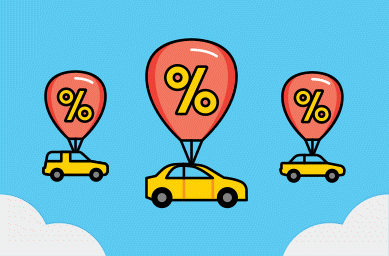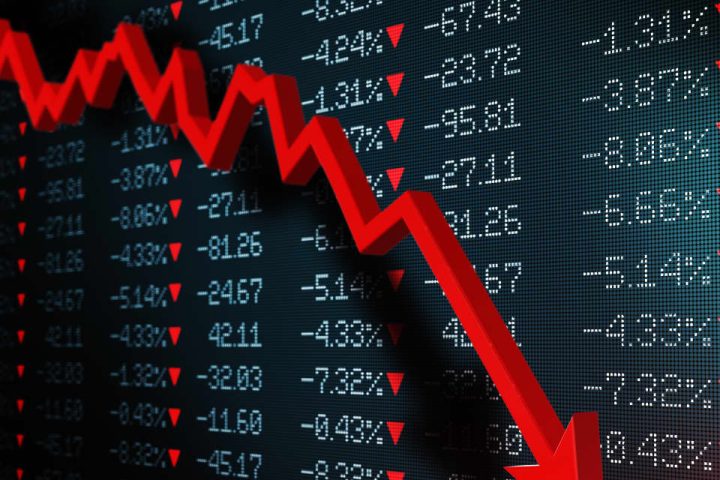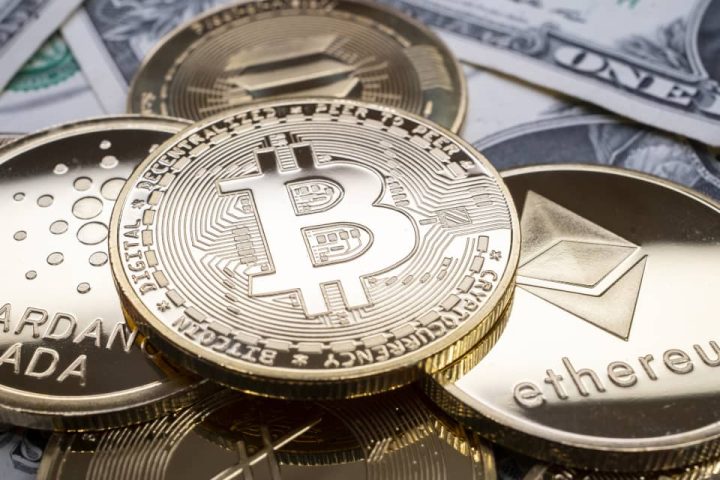Car buyers face some tough numbers. A record 17.5% of new-car buyers in the third quarter paid more than $1,000 a month for a vehicle, notes automotive data provider Edmunds. Three years ago, less than 7% of new-car buyers spent that much.
Three years ago, the average interest rate to finance a new car was about 4.6%, adds Edmunds. Now, it’s 7.4%. Three years ago, the average price for a new car was some $39,000. Now, it’s $48,000. Those numbers imply that monthly car payments should be up 37%. In fact, they’re up less than 30%.
The reason: The average down payment on a new car has almost doubled, from just over $4,000 to just under $8,000. The extra $4,000 knocks roughly $60 off average monthly payments. Buyers are financing 83% of a new car’s value, compared with 89% three years ago.
The average new-car loan term runs 68.3 months. Three years ago, it was 70 months. Paying back faster means higher monthly payments; the 1.7-month shift adds roughly $20 a month to payments. The 30% payment hike is also twice the 15% rise in wages. Something has to give. Car prices and interest rates may come down. Wages may rise.
For investors, falling car prices are bearish for auto stocks. But falling rates and rising wages are bullish. Investors should watch loan lengths. If they begin to rise, that could be a red flag that consumers are finally getting stressed out. And then there’s those gasoline prices.
Write to Al Root at [email protected]
Last Week
Markets
The Hamas attack on Israel drove up oil prices, gold, military stocks, and the dollar. Oil and bond yields fell. Israel placed Gaza under siege and formed a united government. The House GOP caucus failed to unite enough to elect a speaker, prolonging congressional paralysis. The September consumer price index edged up. Still, on the week, the
Dow Jones Industrial Average
rose 0.8%, the
S&P 500
was up 0.45%, and the
Nasdaq Composite
fell 0.18%.
Companies
Canadian auto workers went on strike against
General Motors,
then settled; the UAW targeted
Ford’s
biggest plant. The IRS wants $28.9 billion in back taxes from
Microsoft.
PepsiCo
and
JPMorgan Chase
both beat expectations as earnings season began. Harvard’s Claudia Golding won the economics Nobel Prize for her work on the pay gap between men and women.
Deals
Trian’s Nelson Peltz sought more
Walt Disney
board seats, including one for himself…
Bristol Myers Squibb
will pay $5.8 billion for Mirati Therapeutics…
Birkenstock
went public at $46 a share, an $8.6 billion valuation, then fell nearly 13%…China’s Country Garden warned it might not make payments on overseas debt…The SEC wants to talk to Elon Musk about his disclosures during his Twitter buy…
Exxon Mobil
agreed to buy
Pioneer Natural Resources
for $49 billion…
Goldman Sachs
sold GreenSky to a Sixth Street–led group for some $500 million…Microsoft closed its
Activision Blizzard
deal after getting U.K. approval, taking a big loss.
Write to Robert Teitelman at [email protected]
Next Week
Monday 10/16
Financials are the among the first companies to announce results for the third quarter.
Charles Schwab
leads off the week, reporting on Monday.
Bank of America,
Bank of New York Mellon,
and Goldman Sachs Group follow on Tuesday. Morgan Stanley and U.S. Bancorp release earnings on Wednesday, and
Truist Financial
on Thursday.
American Express
closes out the week by announcing results on Friday.
Tuesday 10/17
Johnson & Johnson
headlines earnings for S&P 500 Healthcare stocks, which are down 4.3% this year; it announces results on Tuesday.
Abbott Laboratories
and
Elevance Health
report on Wednesday.
Intuitive Surgical
releases results on Thursday.
The Census Bureau reports retail sales data for September. Consensus estimate is for retail sales to increase 0.3% month over month. Excluding autos, sales are expected to rise 0.2%. In August, retail sales rose 0.6%, as did sales excluding autos.
Wednesday 10/18
Netflix
and
Tesla,
whose shares are up 21% and 104%, respectively, this year, report quarterly results. Shares of both companies fell more than 8% the day after they released earnings in July, as their stocks’ performance this year had set a high bar to clear.
Email: [email protected]
Read the full article here







